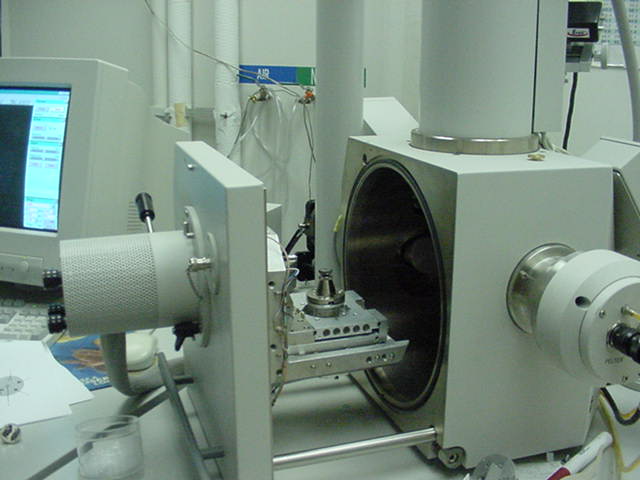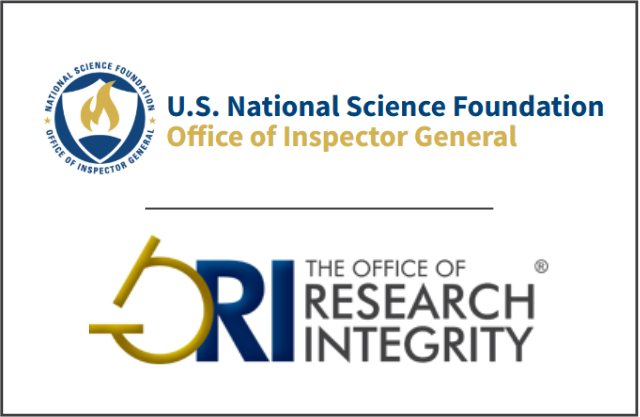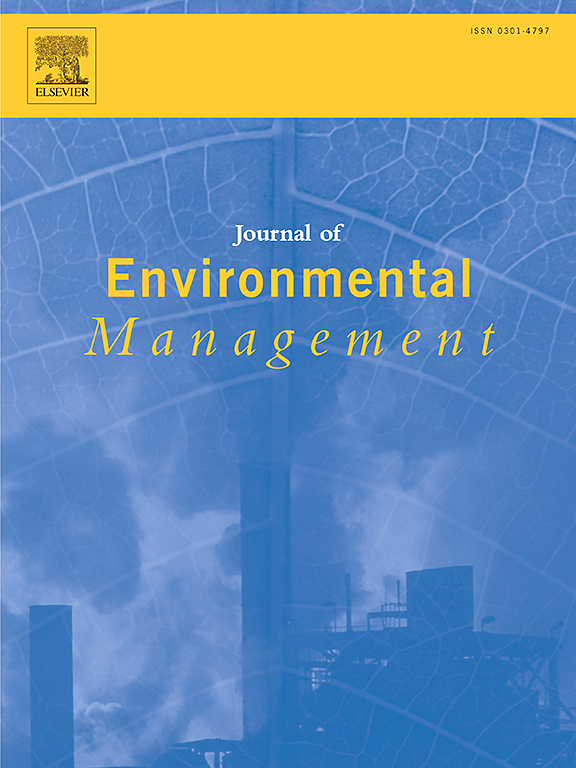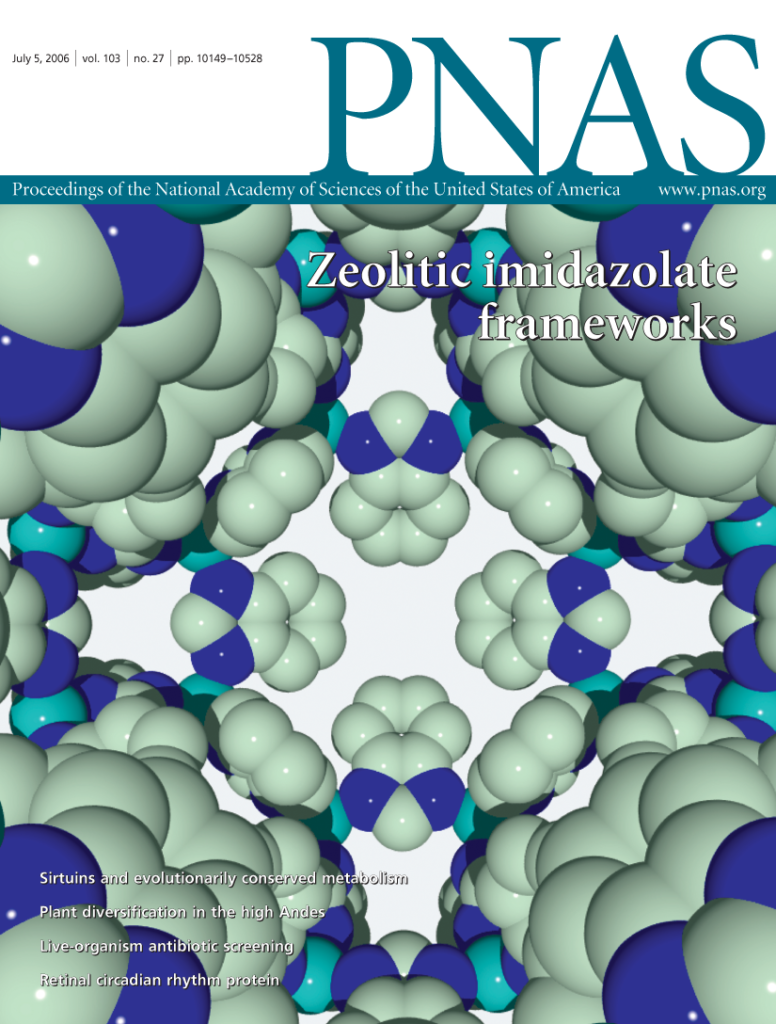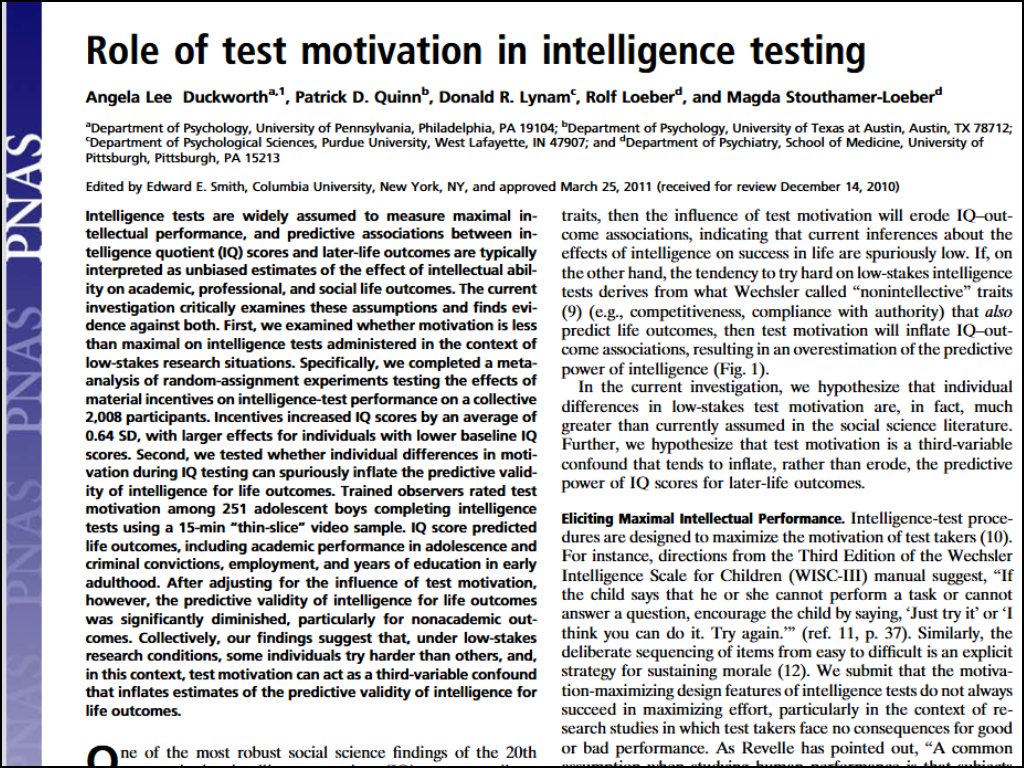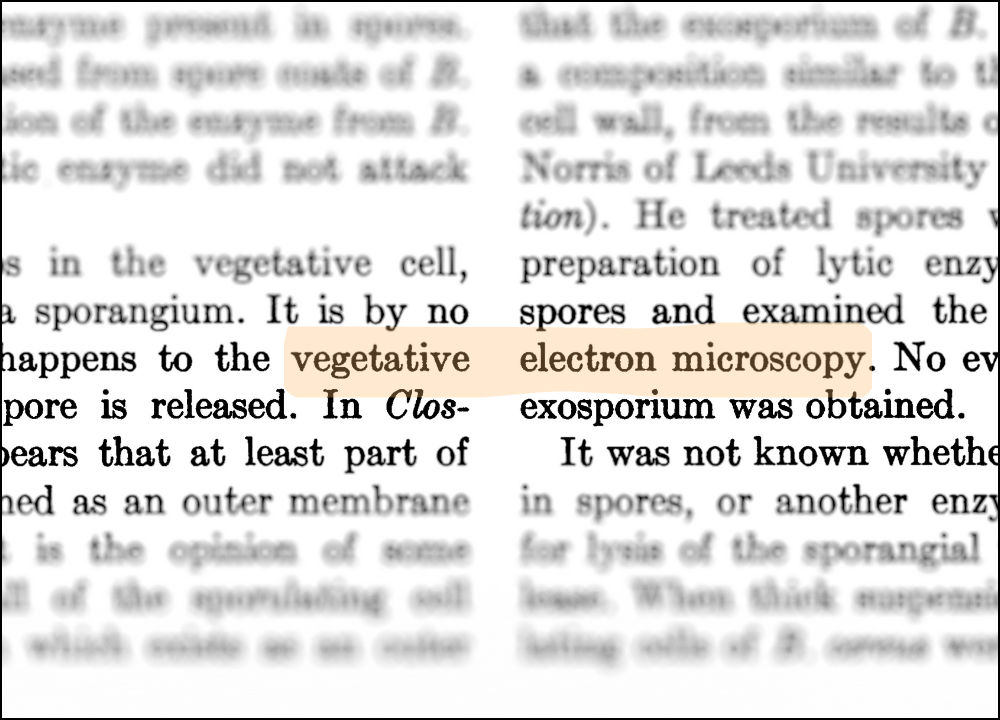A genetics researcher came across an interesting paper earlier this year on the gene he studies. The scientist, a doctoral candidate who asked not to be named, decided to take a closer look at which part of the gene, SNHG14, the authors targeted to measure its expression. He ran the sequence of the short strand of DNA, called a primer, given in the paper through a database and found the sequence matched with a completely different gene.
The scientist searched through similar papers and found 19 more across as many journals with the same problem: all their “SNHG14” primers matched with the gene MALAT1/TALAM1. There may be more, but he stopped looking.
Two of the papers he found have been retracted. One appeared in 2023 in Computational and Mathematical Methods in Medicine, a journal Wiley acquired from Hindawi that is no longer publishing. The notice cites inappropriate citations and peer review manipulation. The other article, published in 2022 in the International Journal of Oncology, was retracted for plagiarism.
Continue reading Sequence errors are ‘canaries in a coal mine’ in genetics studies, sleuth says



